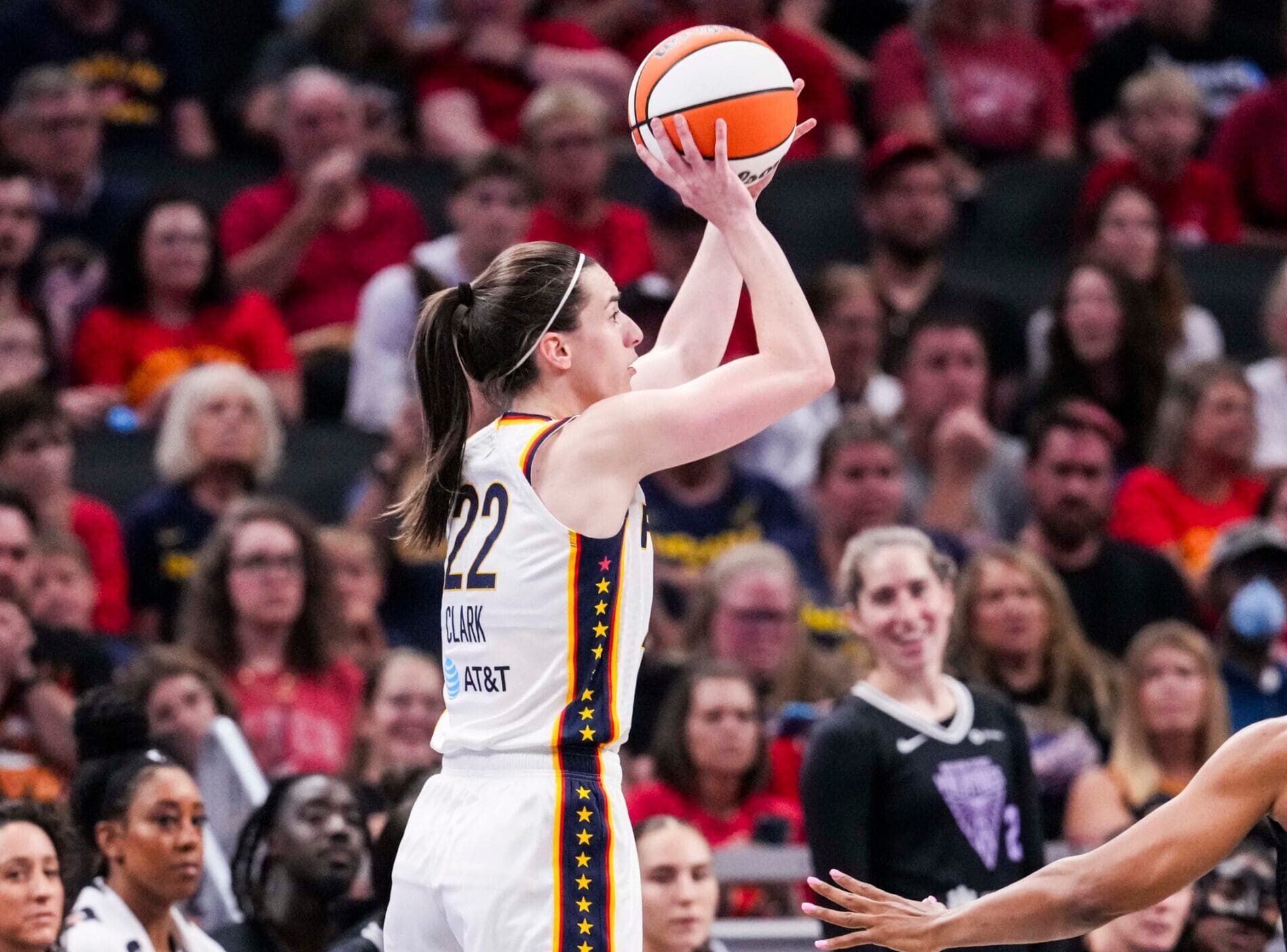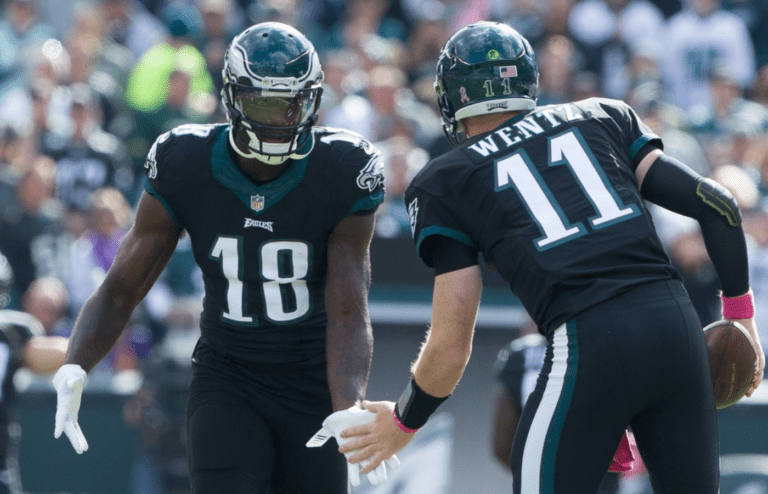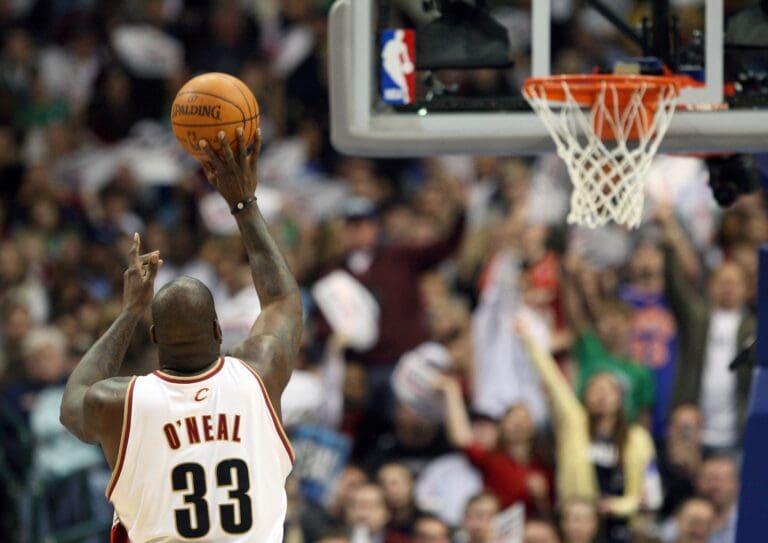The WNBA’s Rise and the Rule That Might Be Holding It Back
The WNBA is thriving. Attendance is up, viewership is soaring, and stars like Caitlin Clark have helped usher in a new era of excitement and visibility. But even as the league rides a wave of momentum, there’s one rule that could be limiting its growth: draft eligibility age.
Unlike the NBA, which allows players to enter the draft at 19, the WNBA requires most American players to be at least 22 years old or four years removed from high school. That means generational talents like Clark and Juju Watkins must wait years before turning pro even when they’re ready for the spotlight.
Could Caitlin Clark Have Dominated Even Earlier?
Clark’s jersey sold out within an hour of her being drafted first overall by the Indiana Fever in 2024. Her every move is national news. But imagine if fans had been able to watch her on the WNBA stage at age 20 or even younger?
The NBA has long embraced younger players, allowing stars like LeBron James to go pro straight out of high school. Meanwhile, the WNBA’s structure delays the professional careers of young stars, potentially leaving money, fan engagement, and momentum on the table.
Pros, Cons, and a Look Ahead
Supporters of the rule argue that older draftees are more polished, and that the policy protects veteran players’ jobs. Additionally, NIL (Name, Image, Likeness) deals now allow college players to earn significant income, possibly reducing the urgency to turn pro.
But critics say it slows down the league’s ability to showcase elite talent when fans are most excited. Juju Watkins, for instance, could’ve entered the draft earlier before suffering a season-ending injury in 2025. Now she may miss the 2026 season entirely, delaying her WNBA debut even more.
With the WNBA riding high, it might be time to reconsider whether keeping players in college until 22 truly serves the league or if it’s holding back the next Caitlin Clark from changing the game even sooner.
Read More: Caitlin Clark’s Flagrant Treatment in the WNBA Has Gone Too Far








